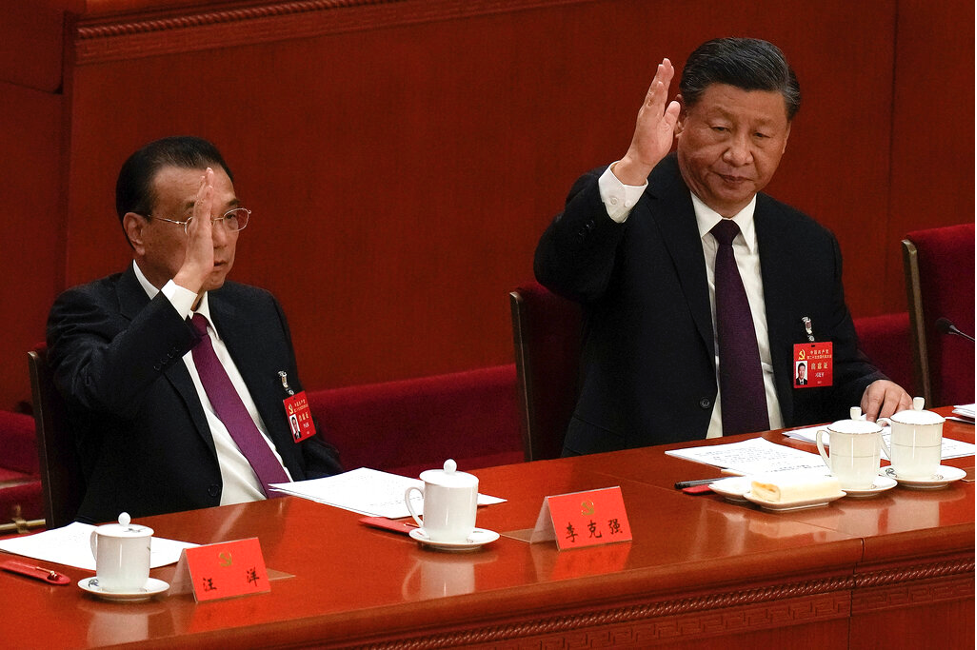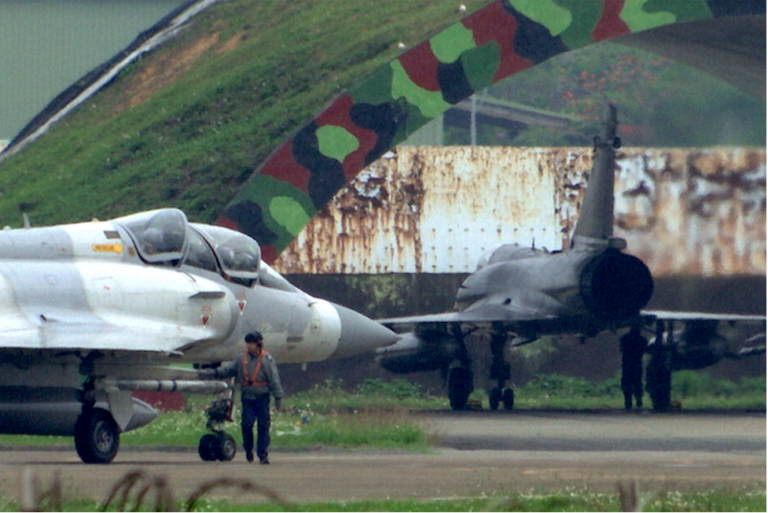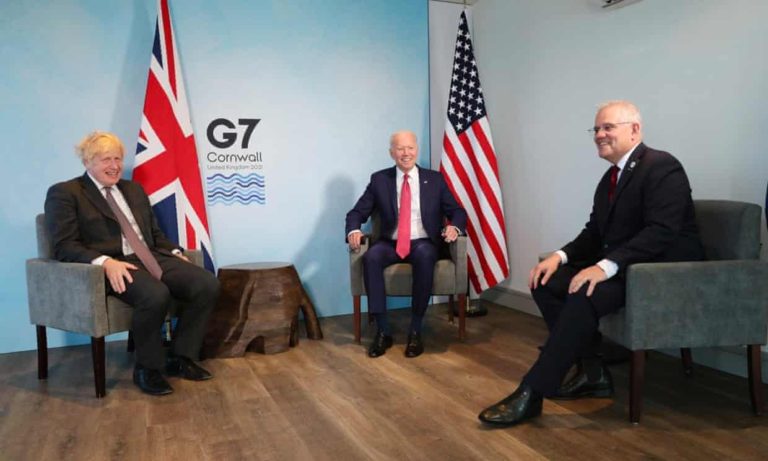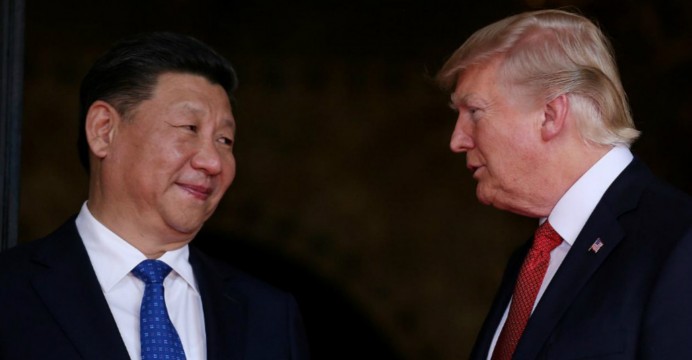
The 20th Chinese Communist Party’s Congress, held from Oct. 16 to 22, will likely go down as a major turning point in Chinese modern history and foreign policy. The Congress witnessed the consolidation of power under President Xi Jinping, unprecedented breaks in party traditions, and a marked shift in rhetoric that all could indicate a change in policy.
The most obvious development of the Congress was the first practical, official disregard of the two-term limit for Chinese presidents, shown when Xi was officially sworn in for his third term. It is hard to overstate the impact that a change in presidential term limits will have on China. For nearly 40 years it has been both tradition and explicit party policy to limit the number of terms a president can serve to two. No matter how well revered the leader was, the two-term limit was strictly abided by.
Not only did this limit the head of state’s ability to act as a supreme dictator, it also set a clear timeline for when transitions of power were to take place. This feature played a major role in allowing China to avoid the constant threat of coup that the Soviet Union was hamstrung by. It also allowed transitions of power to take place in an organized and predetermined manner, thereby increasing national stability.
In 2018, the legal binding of term limits was removed, paving the way for this transition. However, at the time, it wasn’t certain that Xi would be able to take advantage of the change. Xi was able to break a party doctrine with decades of established practice, indicating the level of influence Xi now has within China.
On the final day of the CCP Congress, former President Hu Jintao was escorted from the Congress hall, seemingly forcefully. The official reason given for his removal was that he was “not feeling well” and was escorted out for his personal safety to rest. The validity of the official narrative is up for debate. Hu, visibly upset and confused, was removed by security after reaching for a document that was later confirmed to contain the list of those appointed to the Central Committee.
Notably, Hu was removed immediately before the final voting session of the Congress. His removal could be interpreted as a warning to voting members that the era of Hu’s famously cooperative rule has come to an end. The complete lack of reaction from any of the officials sitting at the Central Committee (the leading body of China) table indicates that this move was unsurprising and that all of the highest-ranked officials in China are on board with Xi assuming increased control.
Personnel changes revealed in the document Hu was reaching for indicate a significant stacking of powerful positions in Xi’s favor. The removal of Li Keqiang, who many have judged to be Xi’s most ardent dissenter, and his allies Wang Yang, Han Zheng, and Hu Chunhua means that the Politburo Standing Committee (the most senior committee in China) is now fully manned with Xi’s supporters.
Xi’s rhetoric in his speeches at the Congress also lends possible insight into major policy shifts. Specifically, the omission of the phrases “period of important strategic opportunity” and “peace and development remain the themes of the era” could be an indication of policy changes. For 20 years, these phrases have been mainstays of Chinese Head of State addresses. Their omission is significant with that in mind. Now, Xi posits that “the world has entered a period of turbulence and transformation,” indicating a possibly more aggressive stance could be expected from China in the near future.
Xi’s speech was also decidedly more hostile than in previous years. He advocated for a fast Chinese military buildup with the goal of becoming a world-class fighting force. According to Xi, the Chinese military must be prepared for small-scale “regional wars” in the very near future – a potential indication of future belligerent action. The appointment of generals with experience leading border skirmishes with India has also signaled a more bellicose military command structure.
But what does all of this mean for the world? There are a few possible scenarios that could emerge from this conference. There is the possibility that the events of the 20th Party Congress don’t actually signal a change in foreign policy. Xi, after all, has been in power for some time. It is very possible that the world will simply see a continuation of Xi’s practices, namely foreign investment, official neutrality, and a focus on the economy.
Another possibility is that this Congress truly represents a major antagonistic shift in policy for China, where the world will be seeing far more truculent action from the country in the near future. This is a distinct possibility now that potential internal discord has been swept away. Anything from confrontational embargos to regional wars to direct clashes with NATO could be on the line.
The most likely option is that we will see some middle ground between those two options. Xi would not take the risk of publicly demonstrating his power, with the unprecedented removal of Hu, without a need to garner support for whatever he plans to do. This indicates policy change is likely. However, Chinese foreign policy has proven to be pragmatic and intentionally inoffensive for the past 20 years, much to China’s benefit. China has seen the consequences of acting rashly, with the deterioration of relations Russia has faced in response to Ukraine. Only time will tell what changes will come for the Chinese government, but it is likely that the 20th CCP Congress has been a point of major historical change.



